Indigenous voice to parliament fear ‘not borne out’ by Solicitor-General advice
Constitutional expert George Williams has described the Solicitor-General’s advice about the Indigenous voice to parliament as ‘profoundly unsurprising’ because it shows that fears about the advisory body are not borne out.
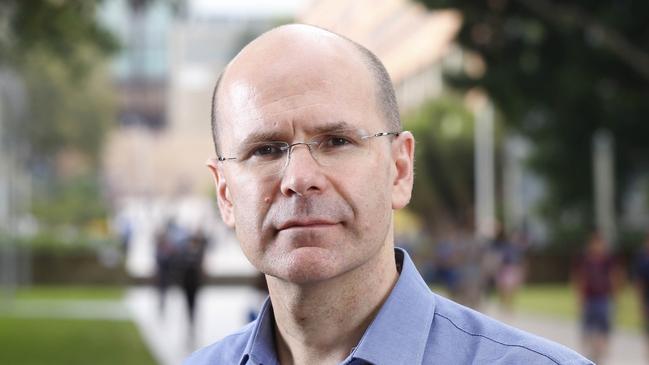
Constitutional expert George Williams has described Solicitor-General Stephen Donaghue’s advice about the Indigenous voice to parliament as “profoundly unsurprising” because it shows that fears about the advisory body are not borne out.
Professor Williams, a member of the constitutional expert group that gave advice on the words that should be put in the Constitution to enshrine the voice, said the legal opinion of Mr Donaghue published on Friday made clear what voice proponents had said all along about the primacy of parliament.
“The Solicitor-General has pointed out what was obvious from the beginning – that this is no more than an advisory body that will not give rise to waves of litigation,” Professor Williams said.
“(Voice opponents) have constructed this false picture and they have got very worked up about something it was never intended to be and is not borne out by the wording of the amendment.”
Mr Donaghue wrote in his legal opinion on the proposed wording of the amendment that the parliament could decide whether, when and how advice from the voice must be considered by the government.
“It has the power to speak to the executive but it is up to parliament as to how that occurs because the drafting clearly says that the parliament can regulate the procedures of the voice,” Professor Williams said.
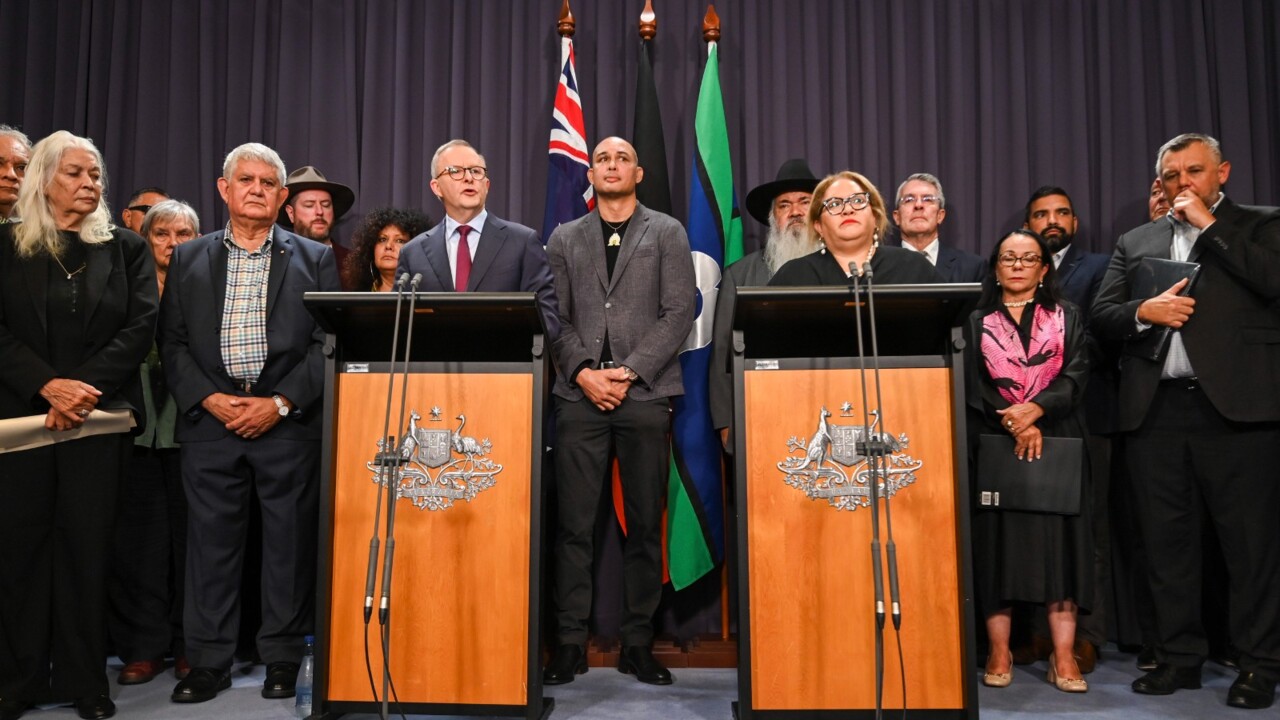
“Parliament might for example require all representations to the executive to go through a single point for efficiency and clarity. It could be, for example, that all advice to the executive must go through the Prime Minister’s office.
“The only bit that is guaranteed is that they can make representations to the executive; as to how that happens is up to parliament.”
This month constitutional expert Gabrielle Appleby from the University of NSW and Uluru Dialogue co-chairwoman Megan Davis wrote in The Australian that the voice would be able to speak to all parts of the government, including the cabinet, ministers, public servants and independent statutory offices and agencies such as the Reserve Bank.
Their essay, which drew on an explanatory memorandum on the voice currently before parliament, stated: “This isn’t to be feared: as the explanatory memorandum says, the parliament will be able to set the procedure through which the voice’s representations are received, with the important caveat that the parliament won’t be able to stop the voice making those representations. It can’t shut the voice up.”
However, Professor Appleby and Professor Davis also said the voice would not speak “on everything”.


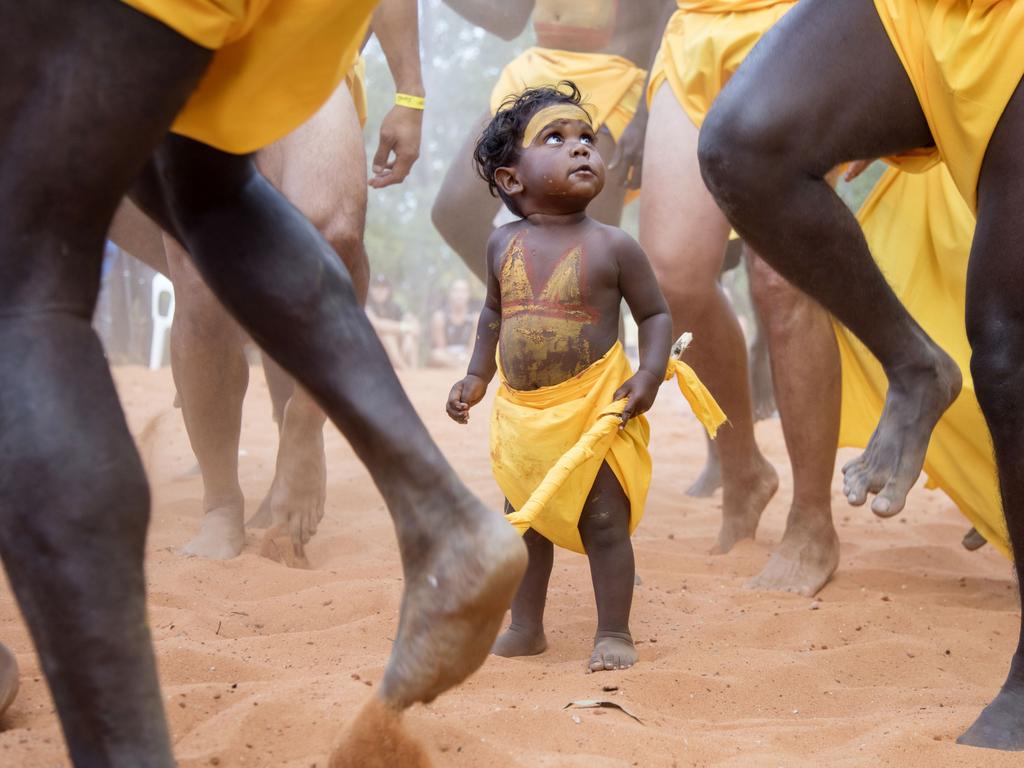


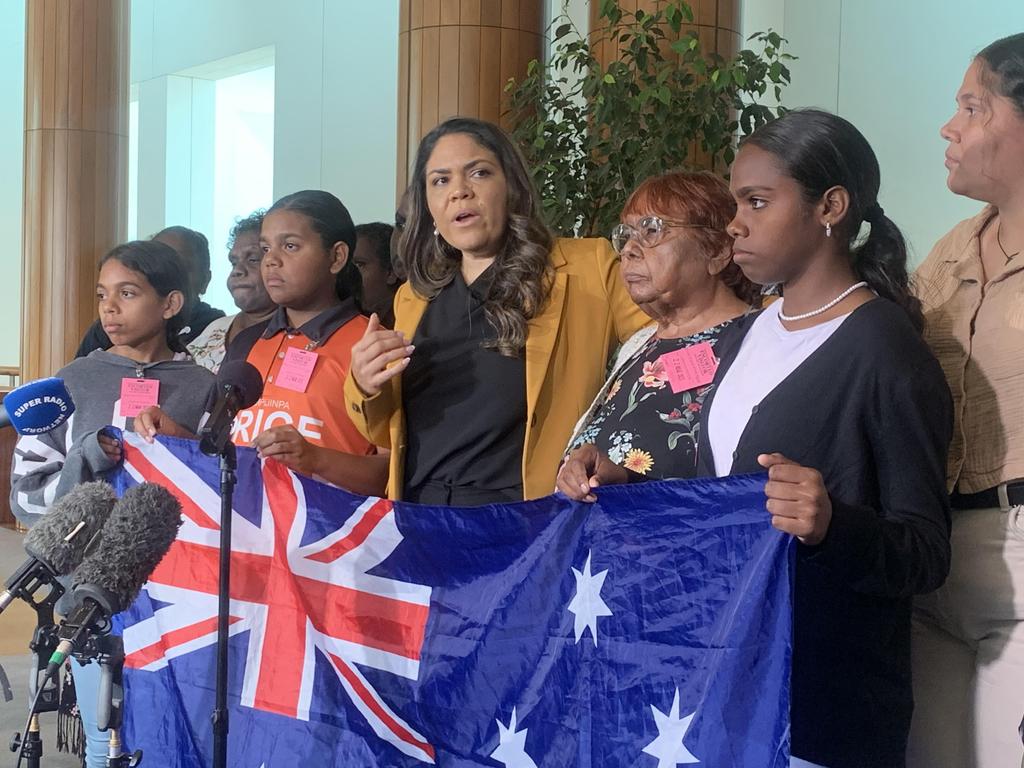
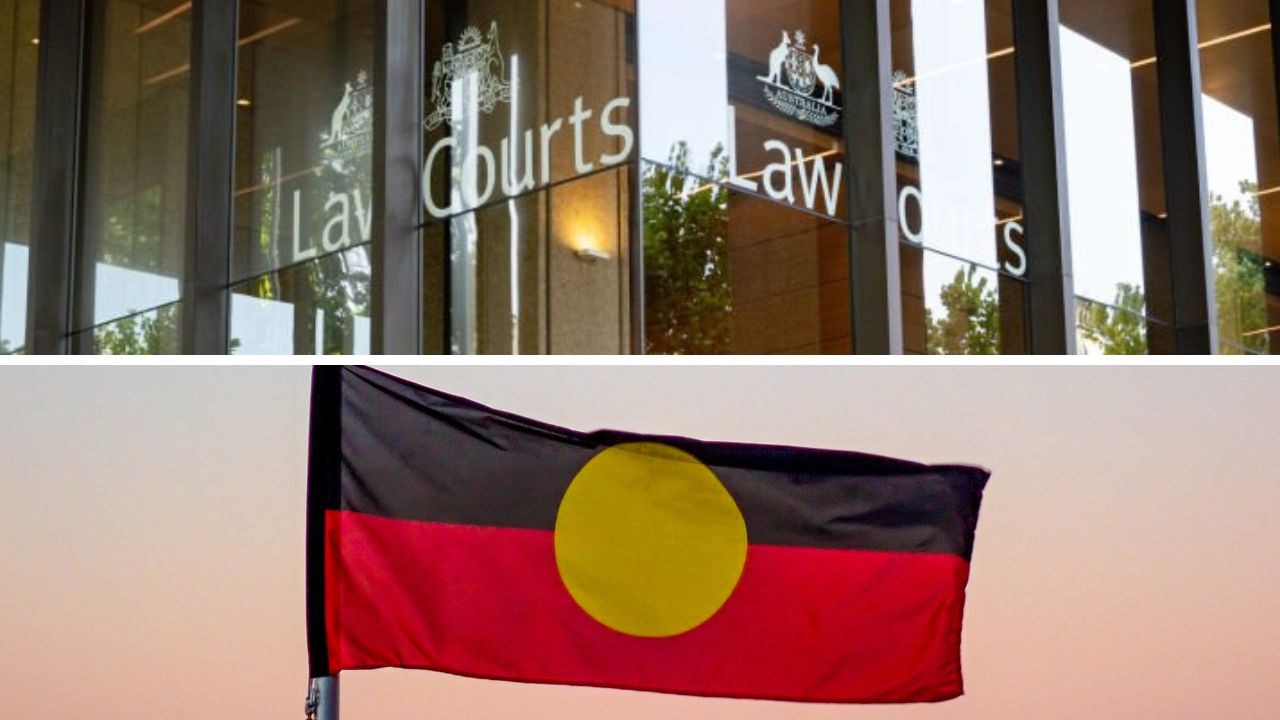
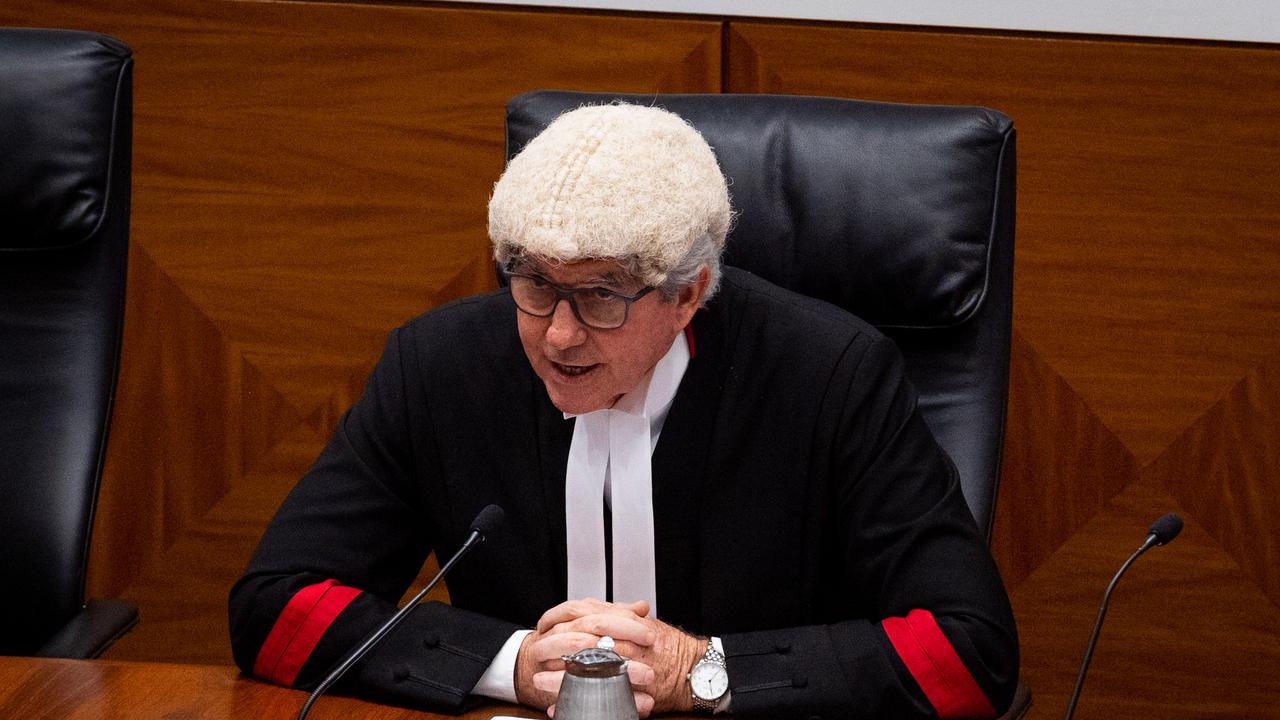
To join the conversation, please log in. Don't have an account? Register
Join the conversation, you are commenting as Logout